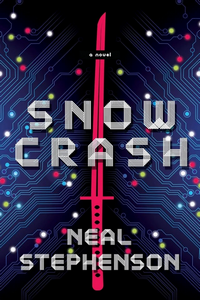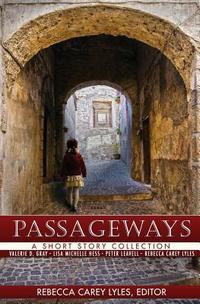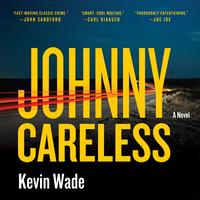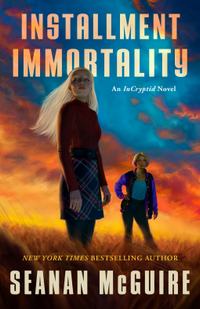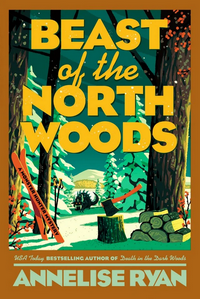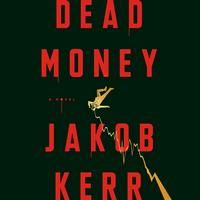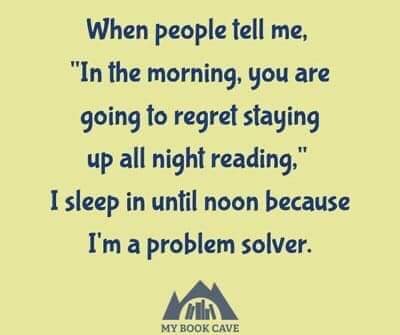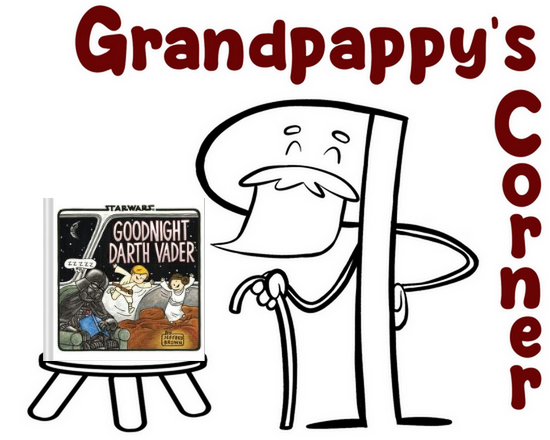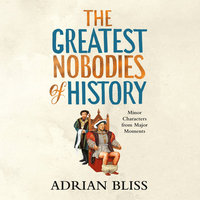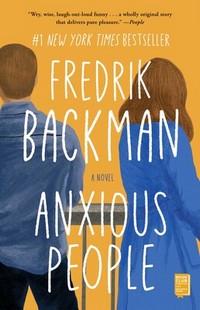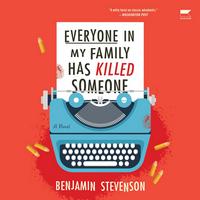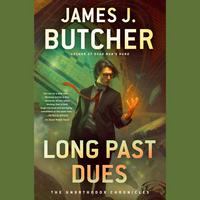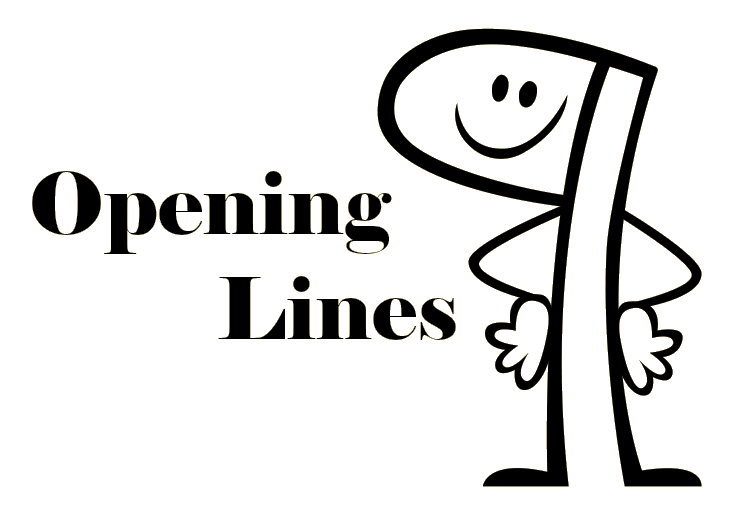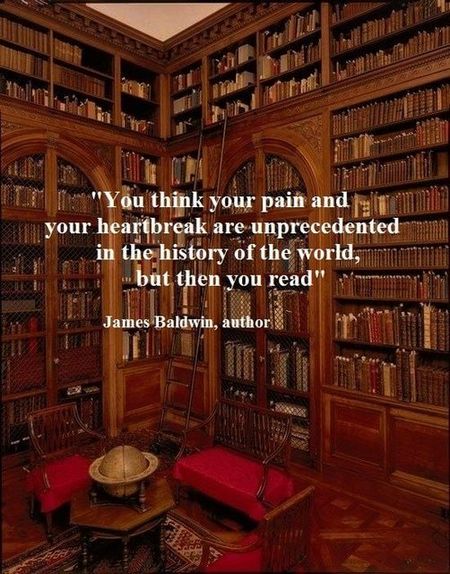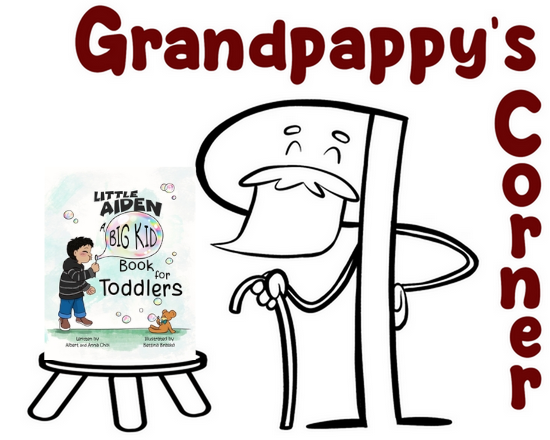
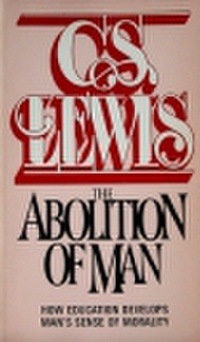 The Abolition of Man: Reflections on Education with Special Reference to the Teaching of English in the Upper Forms of Schools
The Abolition of Man: Reflections on Education with Special Reference to the Teaching of English in the Upper Forms of Schools
by C. S. Lewis
DETAILS: Publisher: Macmillan Publishing Company Publication Date: September 1, 1978 Format: Paperback Length: 91 pg. Read Date: February 2, 2025

This thing which I have called for convenience the Tao, and which others may call Natural Law or Traditional Morality or the First Principles of Practical Reason or the First Platitudes, is not one among a series of possible systems of value. It is the sole source of all value judgements. If it is rejected, all value is rejected. If any value ts retained, it is retained. The effort to refute and raise a new system of value in its place is self-contradictory. There never has been, and never will be, a radically new judgement of value in the history of the world.
What’s The Abolition of Man About?
This starts off with starts off as a review of a textbook or two, “Teaching of English in the Upper Forms of Schools” (to quote the subtitle). He has strong objections to the direction (and the foundation) these books are taking. From there he shifts into English schooling/thinking in general, and the deficiencies he sees in it and what he fears it means for the nation as a whole.
This centers on the idea that English teachers and schools are abandoning objective truth, which he mounts a defense of while writing about what he thinks will happen to a society that abandons it.
English Education
This begins, as I said (as does the subtitle) by reviewing a couple of textbooks used in English classes in the upper grades. Lewis had been sent review copies of them and took issue with a lot of what he said.
Lewis (in a move I could never duplicate) doesn’t want to seem ungrateful for these copies, so disguises the authors and titles before he starts explaining the problems. I don’t know if his original audience could see through his thin disguises—or if that just became clearer later. I suspect the former.
From what he tells us about these books, I think he was being too generous in his appraisal. This was some lousy curriculum.
I’d have appreciated more along these lines—but I get why Lewis moved on to other things.
The Tao
As Lewis begins to leave the realm of English education toward looking at education—and thinking—as a whole, he begins to utilize and develop his concept of a Tao:
It is the doctrine of objective value, the belief that certain attitudes are really true, and others really false, to the kind of thing the universe is and the kind of things we are.
As the quotation that opened this post indicates, this comes in many names—Natural Law, Natural Revelation, “Traditional Morality,” and so on.
With the Tao, as assumed and/or believed throughout the world for most of human history, we get absolutes. We get objective values, objective truth. As we begin to neglect or throw off the concept of objective truth for subjectivity—or, worse yet, “pure” Reason on its own. We lose the basis of all civilization, the basis of the value of life and individual rights, and so much more.
While I think he could’ve been more thorough in his explanation of the Tao and in explaining his arguments—t’s hard not to look at the world around us today, as it’s developed (devolved?) since the early days of WWII when these lectures were delivered, and not think that Lewis was on to something.
One Issue that Troubles Me
In order to avoid misunderstanding, I may add that though I myself am a Theist, and indeed a Christian, I am not here attempting any indirect argument for Theism. I am simply arguing that if we are to have Values at all we must accept the ultimate platitudes of Practical Reason as having absolute validity: that any attempt, having become skeptical about these, to reintroduce value lower down on some supposedly more ‘realistic’ basis, is doomed. Whether this position implies a supernatural origin for the Tao is a question I am not here concerned with.
As good as this sounds—as reasonable, as open-minded, as whatever you might want to call it—I’m unconvinced that this is a position that a Christian can self-consciously hold (without trying to call into doubt Lewis’ faith, I just think he’s inconsistent on this point).
I have trouble holding that a consistent position regarding Practical Reason—or anything else, whatever “Values” you might choose—having absolute validity separate from the inspired Christian Scriptures is possible. I realize those of us who hold that kind of thinking are a minority in the history of the Church, but I can’t argue myself out of it. Lewis’ attempt to build his argument—his Tao—in this way is the part of this book that keeps me from getting super-excited about it.
The Appendix
The appendix features quotations from a variety of ancient (and less ancient) texts from around the globe illustrating that several civilizations held to certain positions on a variety of issues. This isn’t to prove the existence of his Tao (or whatever you want to call it); it’s to demonstrate that it exists in the way that “everyone” holds to something very much like each other in certain aspects.
I don’t know if I can take it as confidently as Lewis did—but I get what he’s trying to show, and can appreciate it
So, what did I think about The Abolition of Man?
I remember the first time I read this—in 1992 or 1993—and a few times since that this argument, this look toward the objective and the importance of it, while not absolutizing Science or much of anything else, hit me hard, impressed me, and really formed a lot of my thinking.
I wasn’t as impressed this time (at least a decade since my last reading)—don’t get me wrong, it’s good, and I share a lot of the concerns and convictions with Lewis. But I wonder if he goes as deeply as we need today. It’s not enough to argue for a vague absolute—we need to understand the absolute, and where it comes from. There’s also the question of what do we do when we cannot agree on absolutes in a civic society, how do we approach this with wisdom and grace. I believe Lewis would have a lot to teach us—even if I objected to some of it. I understand that given the nature of this book (written version of lectures), his cultural context, and the enemies (literal and figurative) he had in mind, why we don’t get that book here.
Also, even the English curriculum he critiqued is better than a lot of what is given today (by all sorts of stripes of schools).
That said—this is a superior work to The Problem of Pain that takes advantage of Lewis’ strengths in a way the other couldn’t while not exposing many of his weaknesses as the previous book did. He’s got better works waiting for me, and I’m eager to get to them.

This post contains an affiliate link. If you purchase from it, I will get a small commission at no additional cost to you. As always, the opinions expressed are my own.
![]()







